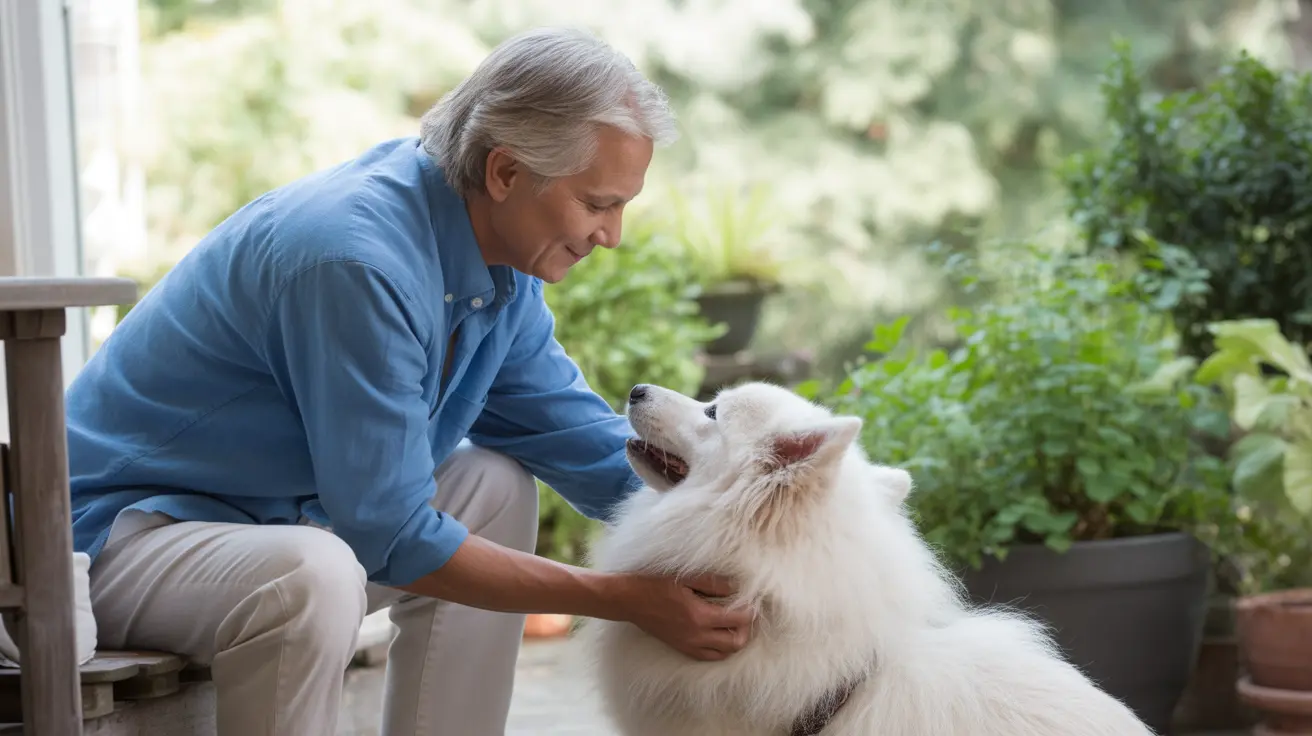Understanding the Shelter Desexing Failure
The core issue centers on PAWS Darwin's inability to fulfill its commitment to provide desexing services that were explicitly included in adoption fees. This oversight has left pet owners unexpectedly out of pocket and raised questions about the organization's operational practices.
Impact on Pet Adoption and Animal Welfare
The failure to provide promised desexing services creates several concerning ripple effects:
- Increased risk of unwanted breeding
- Additional financial burden on new pet owners
- Potential delay in essential veterinary care
- Compromised trust in shelter adoption processes
Responsible Pet Adoption in Australia
While desexing laws vary across Australian territories, many shelters include desexing as a standard practice in their adoption procedures. This approach serves multiple purposes:
- Controls pet overpopulation
- Reduces the burden on animal shelters
- Promotes responsible pet ownership
- Ensures better health outcomes for pets
Desexing Laws Northern Territory
Unlike some Australian states where pet desexing is mandatory, the Northern Territory maintains different regulations. However, most reputable shelters choose to include desexing in their adoption protocols as a best practice measure, regardless of legal requirements.
Shelter Service Transparency
This incident underscores the importance of clear communication and service delivery in animal welfare organizations. Adoption centers should:
- Provide detailed documentation of included services
- Maintain open communication with adopters
- Ensure timely delivery of promised veterinary care
- Keep accurate records of prepaid services
Frequently Asked Questions
What should I do if my shelter hasn't provided promised desexing services?
If you've paid for desexing through an adoption fee but haven't received the service, first contact the shelter directly to request resolution. If unsuccessful, consider reaching out to local consumer protection agencies or the animal welfare charity regulator for assistance.
Why is pet desexing crucial in shelter adoptions?
Desexing is essential because it prevents unwanted litters, reduces pet overpopulation, lowers shelter euthanasia rates, and improves pets' overall health and behavior. It's a fundamental aspect of responsible pet ownership and shelter management.
How can I verify my adopted pet's desexing status?
Request official veterinary documentation confirming the desexing procedure. This should be provided either at the time of adoption or shortly after. Make sure these details are clearly outlined in your adoption agreement.
Moving Forward
This situation serves as a reminder of the importance of accountability in animal welfare organizations. For potential adopters, it emphasizes the need to carefully review adoption agreements and understand included services before finalizing pet adoptions.
While this incident has raised concerns, it also presents an opportunity for shelters to review and strengthen their operational procedures, ensuring they can consistently deliver on their commitments to both animals and adopters.






